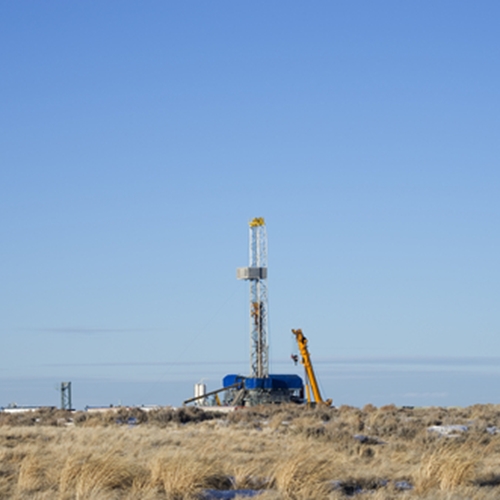
To address its oil production shortages, Pemex, Mexico's national oil company, is considering exploration of shale and deep water oil and gas sources, some of which are on U.S. territory, despite safety and environmental concerns.
Shale exploration
Petróleos Mexicanos, otherwise known as Pemex, the renowned oil monopoly in Mexico, is looking to created a new company in order to exploit shale gas reserves and spearhead a robust deep-water crude exploration program – two initiatives Pemex hopes will launch it into the international playing field and improve Mexico's domestic oil production.
The Wall Street Journal reported Emilio Lozoya, the CEO of Pemex, wants to take Pemex – the fifth largest producer of crude in the world – to the world stage after years of inefficient operations. Production has fallen from 3.4 million barrels to 2.5 million barrels per day. Yet, employment by the company has gone up, moving from 110,000 employees to 160,000, expanding its overall investment in operations by more than five times. The vast inefficiency of the company prompted Mexican President Enrique Peña Nieto to approach Lozoya to take the reins of the ailing national giant.
"Pemex will be starting a new company that will work on the shale-gas and shale-oil fields in the U.S. and in the deep-water side of the U.S.," said Lozoya. "The geology is similar and we can benefit from numerous areas of collaboration with international oil companies."
According to the Mexican constitution, Mexico's oil belongs to Mexico, an inward-looking strategy that has hurt Pemex. That is going to change. For the first time in 75 years, new legislation will allow private companies to share in oil profits in an effort to collaborate with international partners to acquire the technology and technical expertise to extract oil from Mexico's shale formations and from deep waters in the Gulf of Mexico.
The U.S. estimates that Mexico has the world's fourth-largest reserve of shale-rock natural gas. If Mexico harvested this resource, coupled with a pipeline from the Gulf of Mexico to the Pacific Ocean, they could export oil at a significant profit to markets in Asia. However, as a result of Pemex's inefficiency, Mexico needs to import natural gas, The Wall Street Journal reported.
"The energy reform is no longer about extracting cheap oil and selling it expensively," Lozoya said. "It offers our country a unique opportunity to produce competitive and abundant energy."
Methane leaks
In order for Mexico to extract the natural gas, it needs to learn and implement hydraulic fracturing methods, or fracking, which has been found to release high amounts of methane gas. In fact 6 to 12 percent of the methane produced leaks off into the environment. Anthony Ingraffea, a professor and author of a scientific paper that outlined the dangers of fracking, cited data from the National Center for Atmospheric Research stating that, unless methane leaks from natural gas fields were less than 2 percent, natural gas posed no environmental or climate-related advantage over coal, not to mention the volatility and combustibility of methane gas in high concentrations.
Pemex explosion
The New York Times reported a deadly explosion in the basement of a Pemex building was caused by a high concentration in methane gas, in combination with solvent vapors and electrical spark. While it was not attributed to fracking, rather, to hydrocarbons that had leaked into the ground, the explosion is a testament to the dangers of methane gas. For instance, the January methane explosion killed 37 people and injured an additional 120 people. The installation of safety equipment, such as a methane gas detector or other combustible gas detectors, would help alleviate the dangers that methane gas poses to oil workers, especially in lieu of Pemex's plans to harvest its shale-rock natural gas in the near future.
Industrial Safety News brought to you by Safety Systems Technology, Inc., leaders in fire and gas detection.